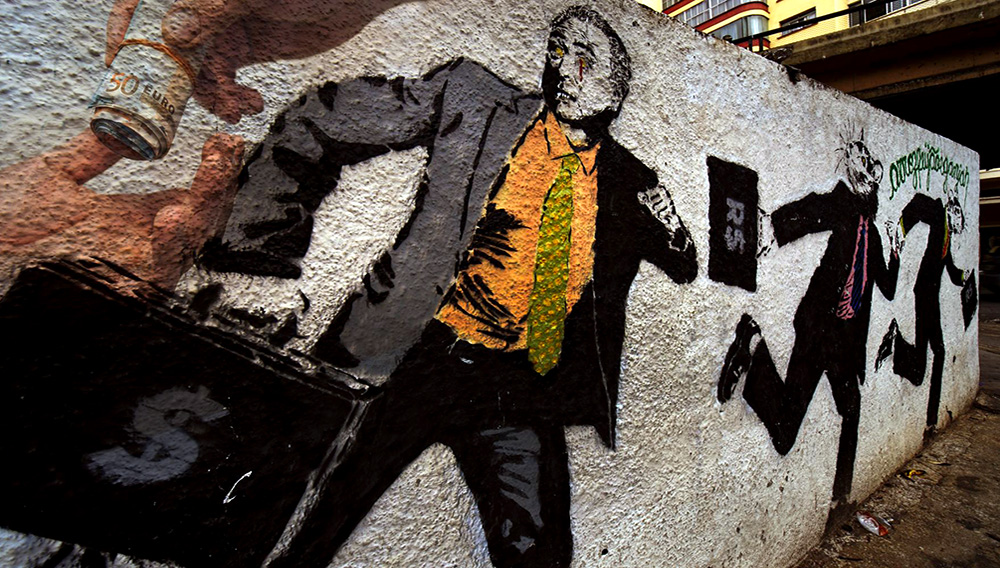
In this module, we’ll examine corruption, a global problem that is present in dictatorships as well as democracies, in developing and more developed societies alike. In particular, we’ll focus on the impact of corruption on democratic regimes. At the extreme, corruption hampers economic development, reinforces social inequality, and undermines democratic development generally.
We start by defining corruption and discuss alternative tools to evaluate the extent of corruption within a given polity. We’ll then examine the causes and consequences of corruption (both political and bureaucratic). Last, but not least, we’ll evaluate existing strategies to contain and control this problem.
The module is meant to encourage students to think on their own while ensuring that their thoughts are coherent and logically sound. At the end of the class, students should be able to articulate cogent answers to questions such as: Can corruption lead to positive economic outcomes? How does corruption affect the wellbeing of citizens and their satisfaction with democracy?
- Module Supervisor: Sergio Ascencio
- Module Supervisor: Ximena Velasco Guachalla